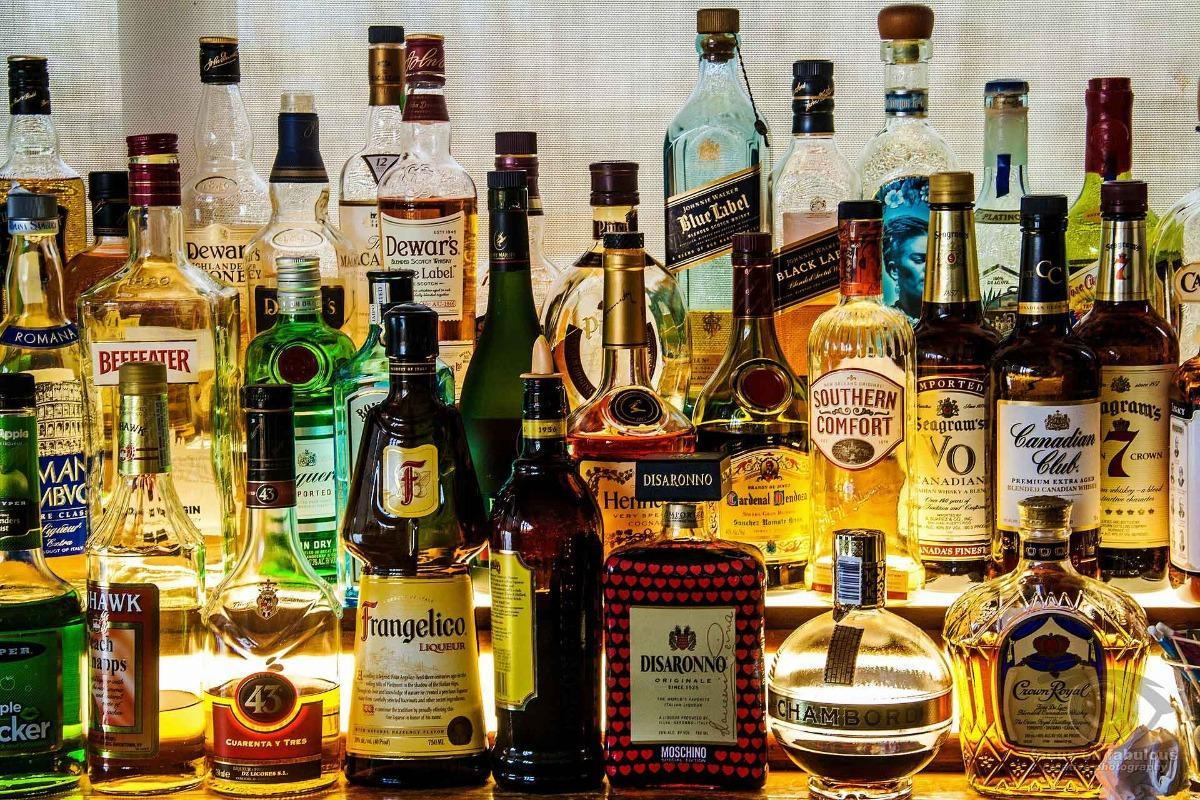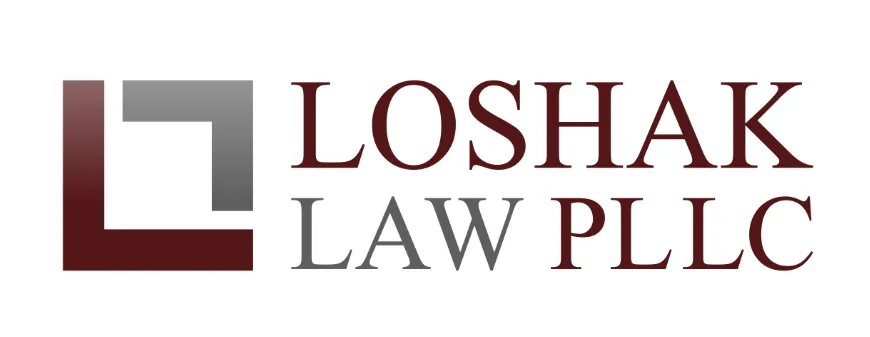
If you’re starting or buying a Florida business that will sell or serve alcohol, you’ve probably got lots of questions about applicable rules and regulations. Specifically, you may be wondering if you need a license, if there are different types of liquor licenses, and if so, which one you need. You may also be wondering how much it will cost. Here’s what you need to know.
The answer to both your first and second question is, question is, “yes.” If you have a business that involves the sale of alcohol in Fort Lauderdale or elsewhere, you need a license from the Division of Alcoholic Beverages & Tobacco. And yes, there are different types, or classifications of liquor licenses.
The answers to your next questions are more complicated and depend on a couple of factors – namely what kind of business you have and where it’s located.
*Under current state laws, restaurants may qualify for so-called SFS (Special Food Service) licenses that permit the sale and consumption of all types of alcoholic beverages on the premises if they meet the following requirements:
- The majority of total earnings (at least 51 percent) are derived from the sale of food and non-alcoholic beverages.
- Have 2,500 up to 5,000 square feet of floor space under a permanent cover.
- Can accommodate (provide space and meals for) 150 to 250 patrons at any given time.
However, it is important to be aware that different counties may have different legal criteria within this framework. In Broward County, for example, restaurants must meet the state requirements pertaining to total earnings. However, there is a specific requirement for size (2,000 square feet) and a specific requirement for accommodation of patrons (150 seats). As of 2017, the cost of this license in Broward County was $1,820 per year.
Another thing to keep in mind if you’re purchasing an existing business with an SFS license is that there’s no need to buy the license from the current holder. This is because there are no restrictions on the number of available SFS licenses, as there are with quota licenses (which we will discuss later).
Even if the seller offers the license as part of the transaction, you should also be aware that acquisition of the license does not change the fact that the business must still meet state/county licensing requirements.
But what if you are not opening or buying a restaurant? In most cases, if you’re opening smaller establishments where you want to sell beer, wine and liquor, you’ll have to get a so-called “quota license” for this activity. They’re called quota licenses because the state makes them available through a lottery in a given county only when that county’s population has increased by a specified number of people. In some cases, you can also get them from existing license holders – although this tends to be expensive.
You may need a different license depending on what type of business you have or are starting, and what kind of alcohol you want to sell. In any case, securing a liquor license can be a frustrating and overwhelming experience. To learn more about how we can help you get the liquor license you need, contact the experienced attorneys here at Loshak Leach, LLP today.
Categories
- Real Estate (30)
- Land Use and Zoning (10)
- Alcohol/Beverage (5)
- Government/Municipal Law (10)
- Litigation (9)
- Business (28)
- Estate Planning (12)
- Probate (8)
- Personal Injury (8)
Contact Us
Please fill out the form below and our attorney will contact you.
Maps & Directions
Hollywood Office
1221 South 21st Avenue
Hollywood, FL 33020

